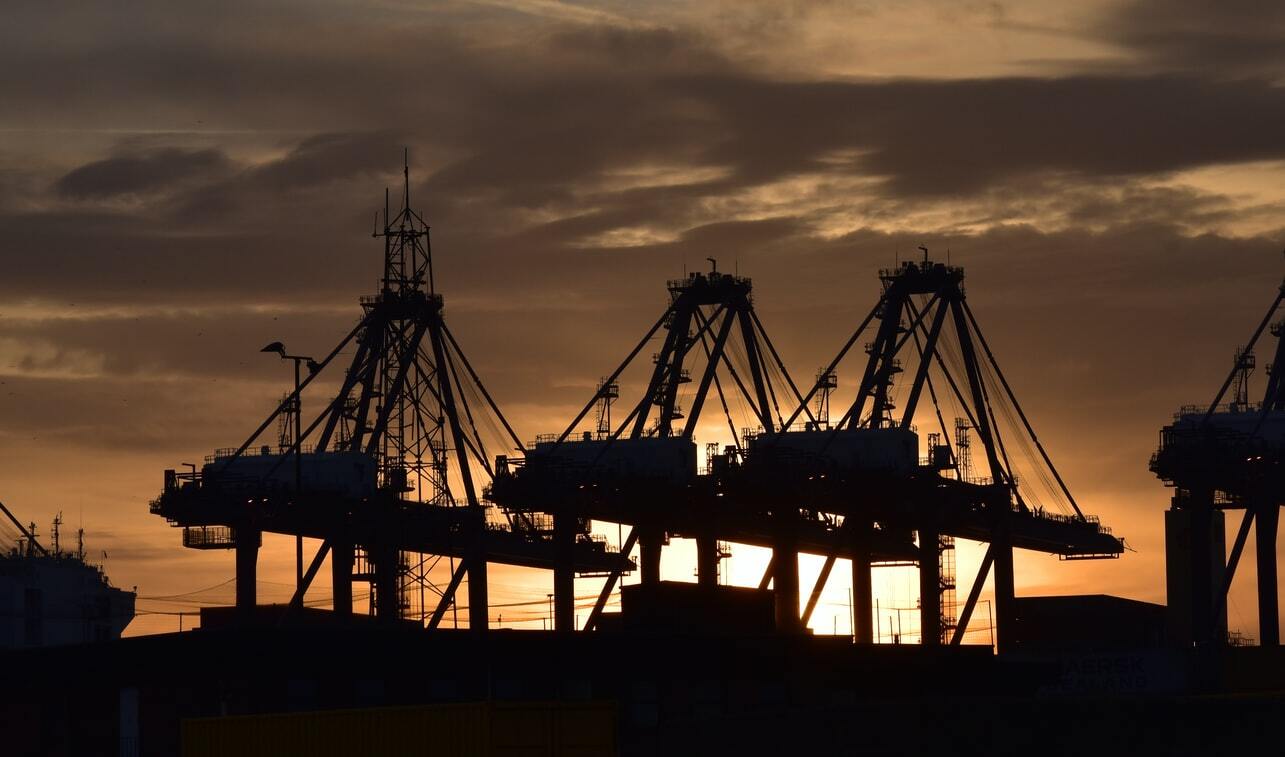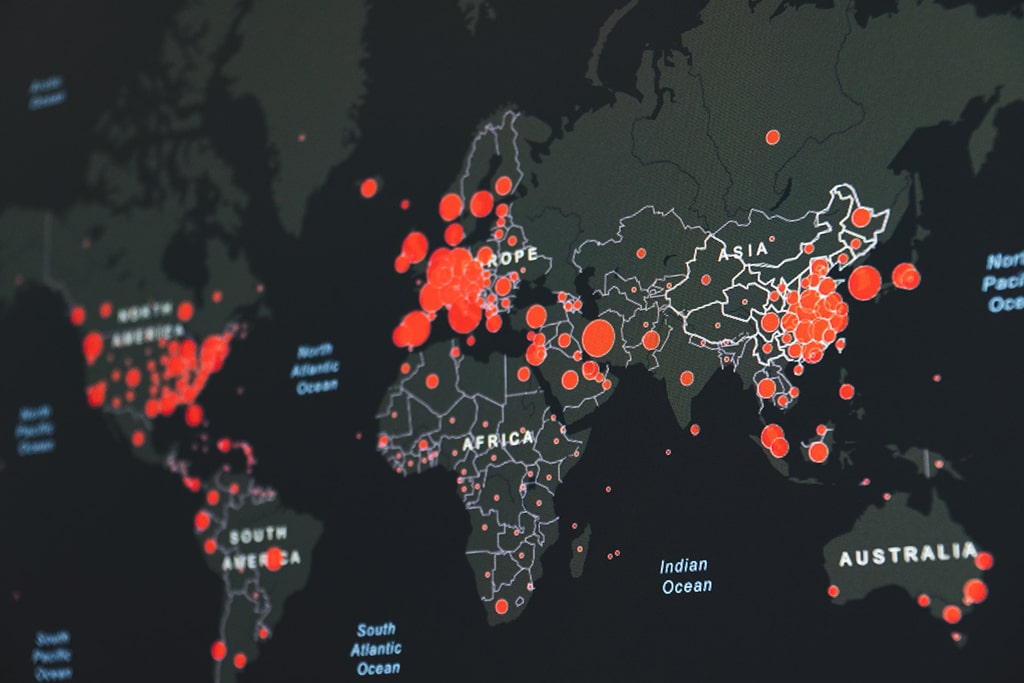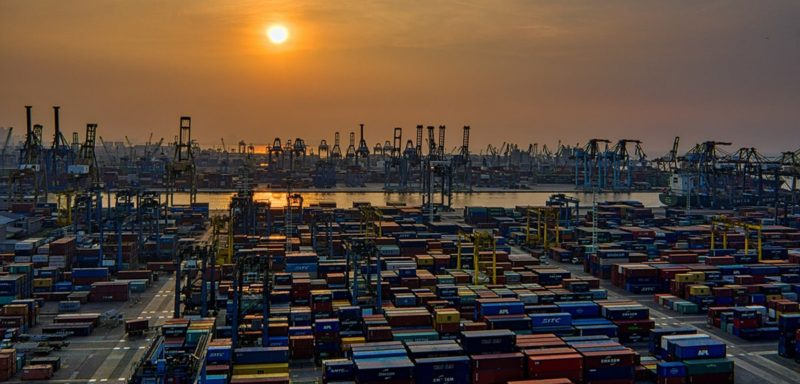The United Kingdom’s largest container port, Felixstowe, is going through one of its biggest shipping crises for the past few weeks. This is mainly due to the shortage of truck drivers in Britain, which has left several thousand containers stranded at the port. Consequently, this heavy congestion at Felixstowe has forced AP Moller-Maersk, the Danish shipping giant, to divert ships to other continental ports like Rotterdam and Antwerp.
According to a report by Wheelock D.C, COVID-19 provoked major economic disruptions and one of the largest recessions post the Great Depression. Multiple lockdowns slowed down the supply chain process and caused major losses in life and revenue. We cannot claim that the supply chain had no loopholes before the pandemic – data collection showed us that COVID-19 only escalated the problem that was already existing.
Economics, more than any field, get affected by uncertainty. Investors tend to pull their money from high-risk sectors, companies avoid innovating and consumers only buy essential household items such as grocery, and toilet papers (highest in demand during the pandemic).
This creates a weird imbalance in the supply and demand process.
But, disruption in supply and demand, and sick workers were not the only obstacle in the way of a successful shipment.
According to a report, a record number of containers went missing in 2020 (around 3,000 containers fell into the Pacific Ocean). This accident not only caused loss of money but also posed greater risks to marine life and container-ship workers.
Other circumstances also deeply affected the shipping industry – specifically the famous 6-day Suez Canal blockage. Ever Given container vessels left around 400 ships stranded in the middle of nowhere, preventing approximately $9.6 bn worth of global trade.
This pandemic has shown us how vulnerable our shipping and supply chain industry can be to any unforeseen global crises.
How Covid-19 Has Affected The Shipping Industry

When the first wave of COVID-19 hit, no one could have predicted that this would become a global pandemic. This devastating pandemic has disrupted almost all sectors of life including education, tourism, entertainment, and even the shipping industry. According to a report by UNCTAD, global maritime trade has plunged by almost 4% in 2020, all due to COVID-19.
Since the virus originated in China, many countries even banned incoming tankers and containers from China – all out of fear of COVID-19. China, being the hub of export trade, had to face adversity due to this pandemic in the early days. Cargo ships stood still in different areas of the world as countries paused trading during lockdowns.
This disruption not only caused loss for the vendors but also adversely affected the workforce. Engineers, mechanics, and laborers working on cargo, tankers, and container ships had to quarantine themselves within their ship premises. Since more than 90% of essentials such as canned and fresh food, manufactured goods, and fuel are traded through the sea, the pandemic gave a major setback to all industries involved, especially the marine sector workers. Ports were being shut down and demand for cargo decreased dramatically, causing disputes between owners and charters.
Even in developed countries like America, ships were stacking outside ports leading to heavy congestion. Idling cargo ships led to delayed shipments, canceled orders, and loss of revenue for businesses. These losses frustrated business owners and retailers and overwhelmed the supply chain significantly.
How To Fight This Pandemic + Crisis?

The apt behavior of supply-chain and marine freight companies would be to collect data from different ports and conduct a deep analysis to uncover choke points. Effective measures should be taken to establish a regional collaboration mechanism to evade future disruptions caused by either another wave of Covid-19 or any other global crisis.
Many companies in the U.S. are already revamping their strategies and working to improve shipment loopholes. We must not only turn the pages of history, rather we should learn from them!
